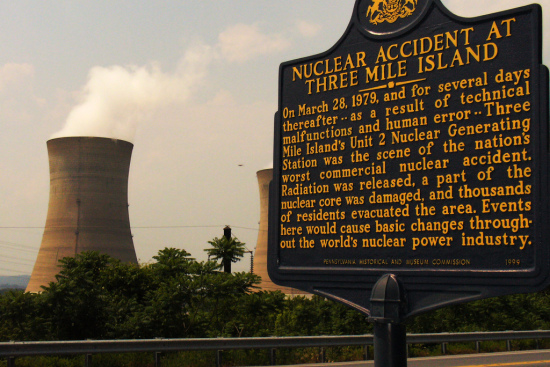Time — a question of life and death It is thus seen that the time-dimension is completely ignored in spite of its crucial role in problems of this sort. For let us assume, for example, that the probability of some event E in a stochastic structure of outcomes is 1/10 000. Small though this probability is, there is a very high probability, 1-1/10000000000, that E should occur at least once in 230 000 outcomes. Now, if one outcome occurs every second, we need be willing to wait only three days in order to be fairly certain to witness E. In this case, we can hardly say that E is a rare event in time. But let the velocity of outcomes be one outcome per century, and the same E would be an extraordinary event even in the life of our planet.
Topics:
Lars Pålsson Syll considers the following as important: Theory of Science & Methodology
This could be interesting, too:
Lars Pålsson Syll writes Kausalitet — en crash course
Lars Pålsson Syll writes Randomization and causal claims
Lars Pålsson Syll writes Race and sex as causes
Lars Pålsson Syll writes Randomization — a philosophical device gone astray
Time — a question of life and death
It is thus seen that the time-dimension is completely ignored in spite of its crucial role in problems of this sort. For let us assume, for example, that the probability of some event E in a stochastic structure of outcomes is 1/10 000. Small though this probability is, there is a very high probability, 1-1/10000000000, that E should occur at least once in 230 000 outcomes. Now, if one outcome occurs every second, we need be willing to wait only three days in order to be fairly certain to witness E. In this case, we can hardly say that E is a rare event in time. But let the velocity of outcomes be one outcome per century, and the same E would be an extraordinary event even in the life of our planet.

